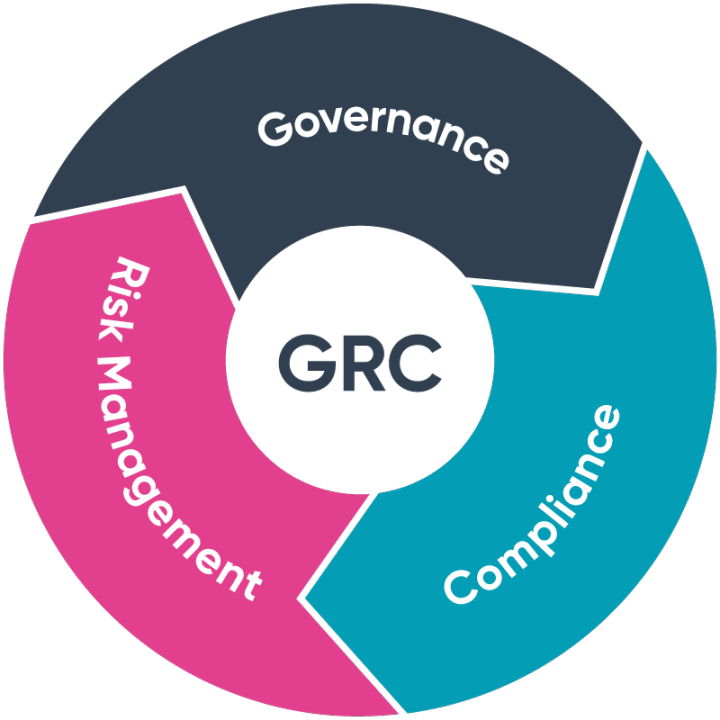
How a Cyber Breach Can Threaten Your Intellectual Property
In an age where the digital realm reigns supreme, protecting intellectual property (IP) is more crucial than ever. However, with this heightened dependence on digital platforms, there arises a new menace: cyber breaches. Such breaches pose a profound threat to the sanctity of IP, with consequences that can reverberate across sectors and businesses of all sizes.
The Nature of Intellectual Property
Before diving deep into the dangers of a cyber breach, it’s essential to understand what exactly constitutes IP. Intellectual property refers to creations of the mind, including inventions, literary and artistic works, and symbols, names, and images used in commerce. This could be anything from a new software application, a patented invention, or even a brand logo.
Unlike tangible assets, IP doesn’t have a physical presence, which means its primary protection in the digital age is often digital itself. This makes it particularly vulnerable to cyber threats.
The Rise of Cyber Breaches
While cyber-attacks aren’t new, their frequency, sophistication, and targets have evolved. Businesses are increasingly digitizing their operations, using cloud storage, and relying on internet-connected devices. The vast amount of data stored online offers a lucrative opportunity for cybercriminals.
Recent trends show that hackers are not only interested in stealing financial information but are also keen on procuring IP. Such thefts could allow competitors to get a head-start on new products, counterfeit goods, or even damage the reputation of the original IP holder.
How Can Cyber Breaches Threaten Your IP?
- Direct Theft: This is the most apparent danger. A cyber breach can allow unauthorized access to databases or systems where IP-related information is stored. Be it schematics, product blueprints, codes, or formulas, once this data is stolen, it can be replicated, sold, or misused.
- Ransom Attacks: Some cybercriminals might not steal the IP outright. Instead, they lock you out of your systems and demand a ransom to release your data. While you might regain control by paying, there’s no guarantee the attacker hasn’t made copies of your IP for future use.
- Tarnishing Reputation: If your IP gets leaked due to a cyber breach, it may lead to public mistrust. Customers could lose faith in a brand if they believe their data or the company’s products aren’t safe. A tarnished reputation can lead to declining sales, reduced market share, and potential legal challenges.
- Economic Impact: The unauthorized use of IP can lead to substantial monetary losses. Competitors can use the stolen IP to bring similar products to the market faster and cheaper. Plus, the costs associated with the breach, such as legal fees, penalties, and system overhauls, can also strain resources.
- Operational Disruptions: A cyber breach can halt business operations. In the time it takes to identify the breach, rectify it, and ensure system integrity, your business might face significant downtime, leading to lost revenue and a slowdown in production or services.
Protecting Your IP from Cyber Threats
Given the risks associated with a cyber breach, protecting IP should be a top priority for businesses. Here are some steps you can take:
- Regular Audits and Assessments: Ensure regular security audits and vulnerability assessments to identify potential weak points in your system.
- Multi-factor Authentication: Require multiple forms of verification before granting access to sensitive IP data.
- Data Encryption: Encrypt all IP-related data, both when it’s stored and when transmitted across networks.
- Employee Training: Regularly train your employees on the importance of IP protection, safe online practices, and how to recognize potential threats.
- Incident Response Plan: Have a plan in place to respond to breaches swiftly. This includes identifying the breach, containing the threat, notifying stakeholders, and taking corrective measures.
- Regular Backups: Keep frequent backups of all your IP data. In case of ransomware attacks or data corruption, backups ensure you can restore your data without major losses.
Conclusion
The digital age, while offering immense benefits, also brings about significant challenges in IP protection. As cyber threats evolve and become more sophisticated, businesses must stay one step ahead. Proactive measures, awareness, and a culture of cybersecurity can go a long way in ensuring that your intellectual property remains shielded from the devastating effects of a cyber breach.
Contact Cyber Defense Advisors to learn more about our Vulnerability Assessment solutions.




